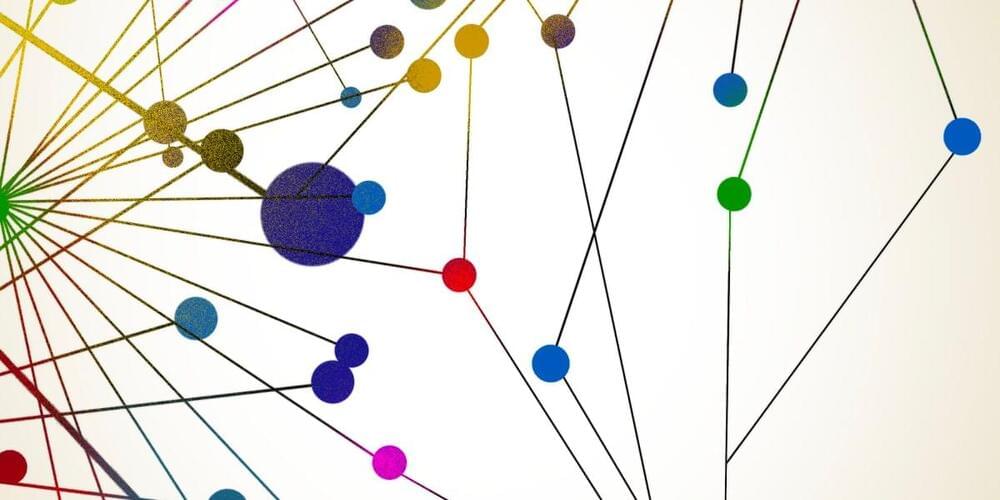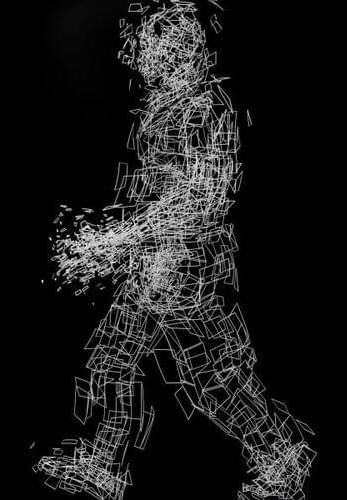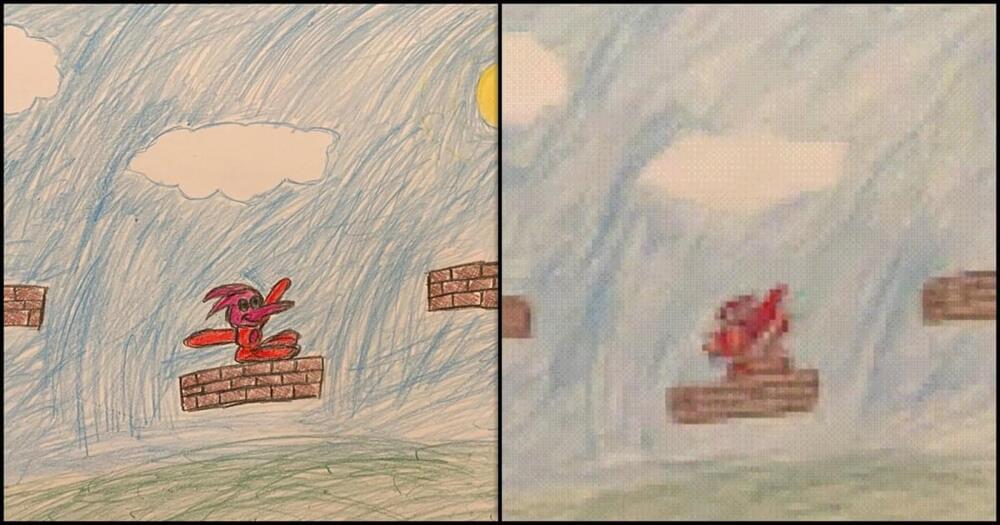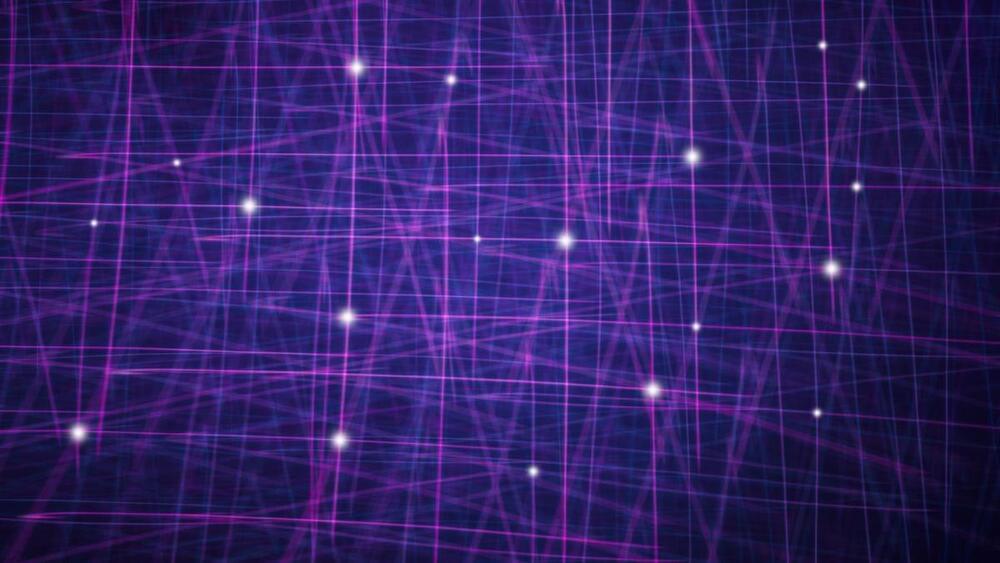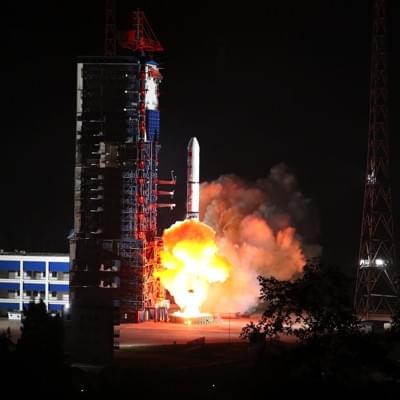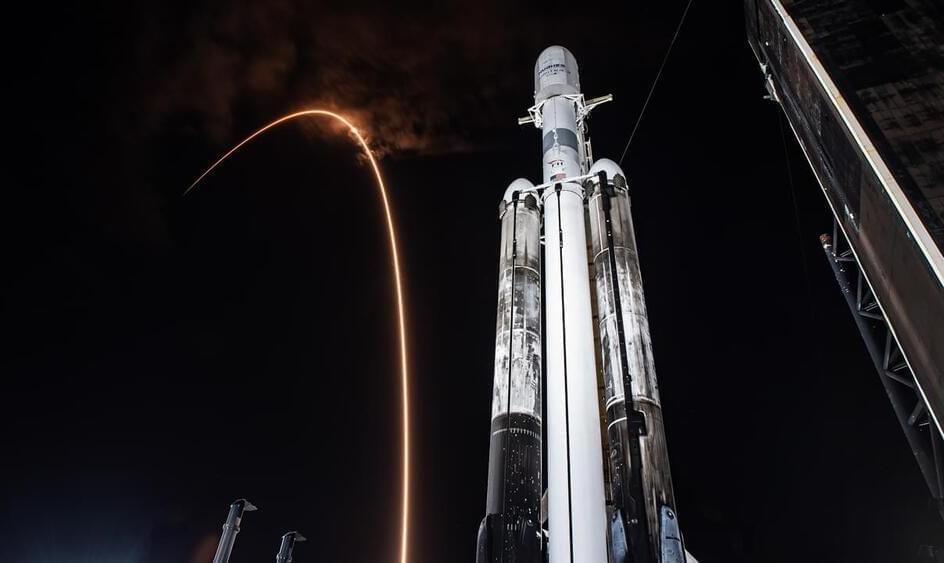China ruled on a case of infringement of copyright by an AI-generated service, the first effective ruling of its kind globally, which provided a judicial answer to the dilemma of whether the content generated by AI service providers infringes on copyright, media reported on Monday.
According to the 21st Century Business Herald, the Guangzhou Internet Court ruled that the an AI company had infringed the plaintiff’s copyright and adaptation rights to the Ultraman works in the process of providing generative AI services, and should bear relevant civil liability.
The protagonist of this case was the super IP Ultraman. In this case, the copyright owner of the “Ultraman” works exclusively authorized the copyright of the series images to the plaintiff, while the defendant company operated a website, providing services with AI conversation and AI-generated painting functions.



